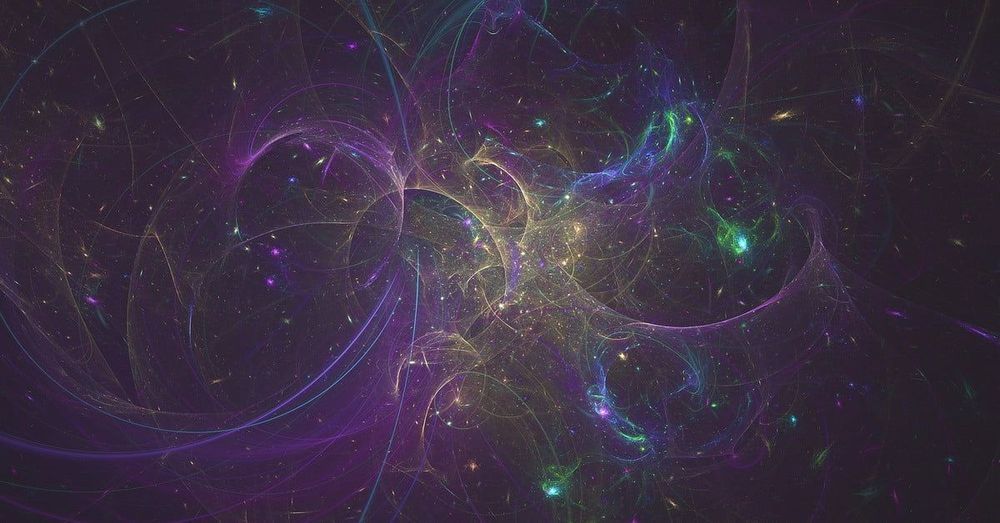The concept of antimatter has delighted sci-fi fans for years, but it also poses a real question for physicists. Mathematically speaking, it makes sense that for every type of particle in our universe there exists a corresponding antiparticle which is the same but with the opposite charge — so to correspond with the electron, for example, there should be an antielectron, also known as a positron. When antimatter and matter come into contact, they both destroy each other in a flash of energy.
When the Big Bang happened, it should have created equal amounts of both matter and antimatter. And yet matter is everywhere and there is hardly any antimatter in our universe today. Why is that?
A new experiment from CERN, the European Organization for Nuclear Research, has been tackling the question by looking at how matter and antimatter could react differently to Earth’s gravitational field. Physicists think that antimatter could fall at a different rate than matter, which would help to explain why it is less prevalent. But in order to test this, they need to create antimatter particles such as positronium atoms. These are pairs of one electron and one positron, but they only live for a fraction of a second — 142 nanoseconds to be exact — so there isn’t enough time to perform experiments on them.
